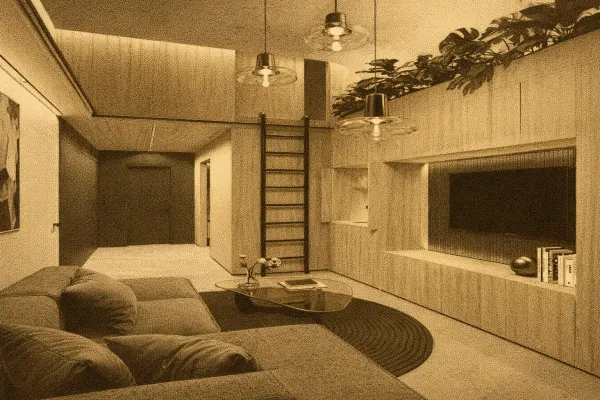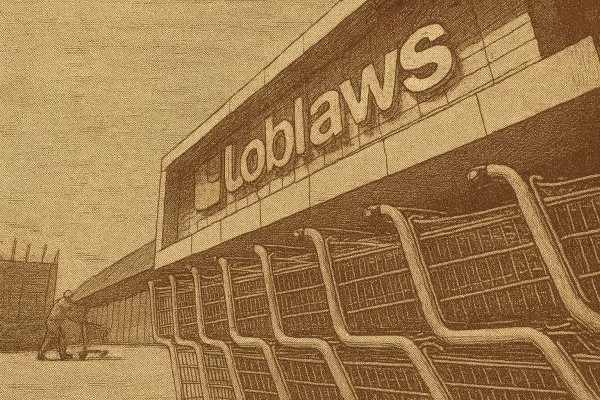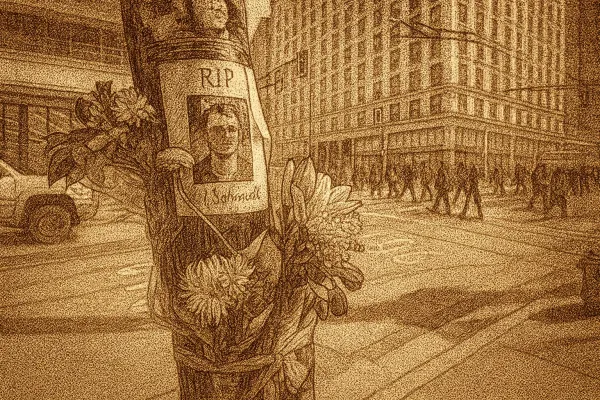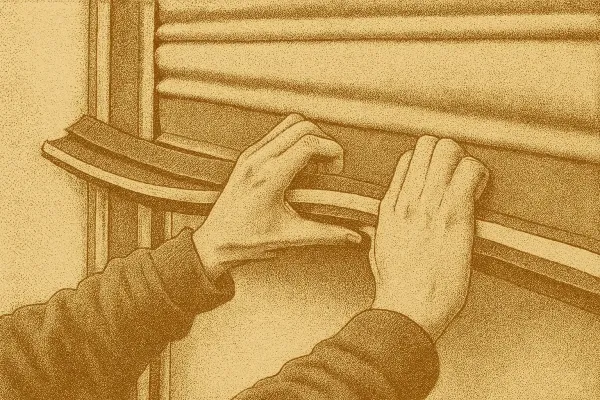Based on coverage from Global, CBC, and The Reminder.
Manitoba's financial landscape is looking a bit like a prairie storm—unexpected and hard to predict. The province recently announced a deficit of $1.1 billion for the fiscal year ending March 31, which is $353 million more than initially planned. This revelation has sparked a flurry of discussions about the province's economic health and future plans.
Despite a windfall from a nationwide legal settlement with tobacco companies, which was supposed to ease some financial burdens, the deficit ballooned. The settlement was meant to compensate provinces, territories, and former smokers for tobacco-related health costs. Yet, the province's spending, particularly in healthcare and anticipated legal liabilities in the Families department, outpaced these gains. Finance Minister Adrien Sala kept mum on the specifics of these liabilities, leaving room for speculation.
Manitoba Hydro, the province's crown jewel, also contributed to the financial woes. The utility faced a $63-million loss due to dry weather and low water levels, which hampered export sales. This marks the third consecutive year of such conditions, making it a recurring headache for the province.
As if that wasn't enough, Manitoba is bracing for a projected $890 million deficit in the current fiscal year, an increase of $96 million from the spring budget forecast. The province is grappling with the financial aftermath of a severe forest fire season, which forced thousands of residents to evacuate and is expected to cost at least $179 million. Sala noted that these are "one-time costs," but the invoices are still rolling in, suggesting the final tally could be higher.
While the province is seeing a boost in revenue from corporate and education property taxes, it's not enough to counterbalance the rising expenditures. The impact of international tariffs has also been a concern, though not as severe as initially feared.
The NDP government, led by Premier Wab Kinew, has promised to balance the budget by 2027. Sala reiterated this commitment, stating, "We made a firm commitment to deliver a balanced budget in the final year of our mandate and we're still committed to doing that." However, the Opposition Progressive Conservatives remain skeptical. Tory Leader Obby Khan pointed out the steady rise in spending, questioning the government's ability to meet its target. "The numbers don't lie," Khan remarked, underscoring the opposition's doubts.
Adding another layer to the financial puzzle is a report from Moody's, an international bond rating agency, which predicts a higher deficit for next year—almost triple the province's projection of $353 million. Moody's also suggested that Manitoba has room to increase taxes if necessary, a move Sala is currently not considering. "Right now, we're not looking at any of those additional fees or looking at those options," he stated, emphasizing a focus on managing expenses to align with revenues.
As Manitoba navigates these financial challenges, the government's ability to balance the books by 2027 remains a topic of debate. With rising costs, unpredictable natural conditions, and economic pressures, the path to a balanced budget seems as winding as the Red River. For now, Manitobans will be watching closely to see how their government steers through these fiscal storms.








